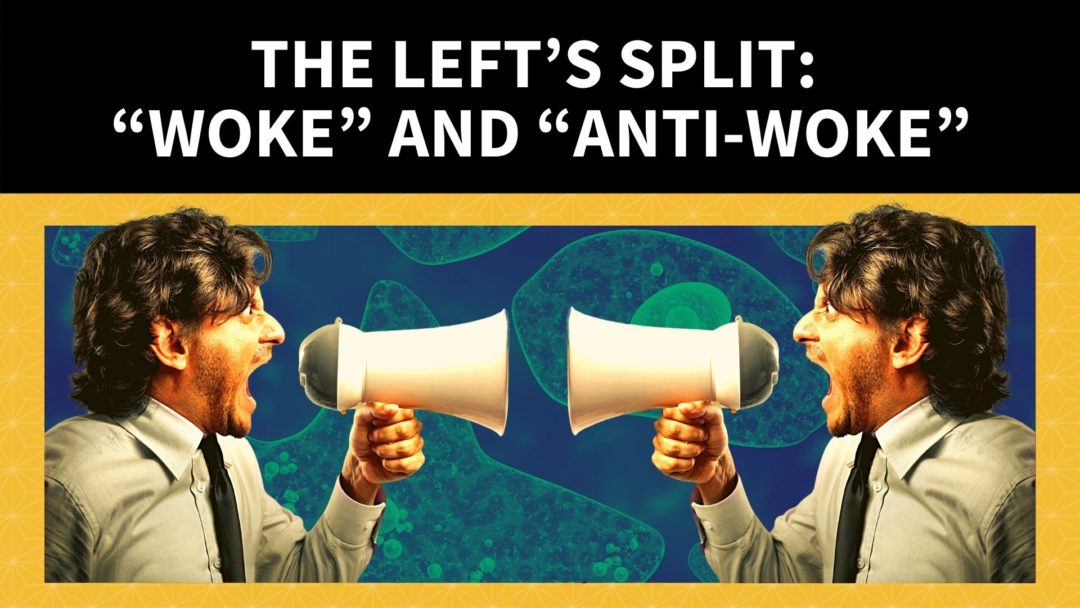In this episode, I discuss a terrific essay I stumbled upon that brings an integral sensibility to a new cultural emergent: the differentiation of the political left into “woke” and “anti-woke” ideologies..
Cultural evolution proceeds through a process of 1) differentiating and 2) integrating. As we learn and grow we see that there are more dots to connect and more ways to connect them. New views arise which we disagree about, even with our friends. What had been a shared worldview morphs into multiple worldviews which often find themselves at odds. Thus it is with the current unfolding of the political left.
Holly Muir and Spencer Greenberg, co-authors of the essay, Understanding the Divide Between Social Justice Advocates and the Left-Leaning “Anti-Woke” Community, describe their work:
“We have been investigating the perspectives of two groups in contemporary U.S. society: 1) those who advocate for social justice, and 2) the newly emerging left-of-center “anti-woke” movement (i.e., liberal-leaning people who tend to oppose identity politics, cancel culture, and critical race theory).
“In recent years, we’ve witnessed a meteoric rise of this anti-woke community, with a number of writers within it gaining large followings, including Coleman Hughes, Sam Harris, Jesse Singal, Katie Herzog, and Bari Weiss. Naturally, they have received a large amount of criticism from some social justice advocates.
“Given that the two groups we are discussing both lean left on the political spectrum, a major question is: what do they fundamentally disagree about? To help answer this, we have attempted to map the opposing perspectives on 13 topics where disagreement between these two groups tends to arise. In some cases, it may be that there is little genuine disagreement between the groups, and the issue in question is simply described from a different perspective.”
Rather than argue for either side, or even to find common ground, Muir and Greenberg perform a more integral move: they present each side on its own terms with good faith. It is a masterful example of the differentiation necessary for a true integration to emerge.
Integral consciousness is not about reconciling opposing worldviews as much as it is about accommodating them, factoring in their blind spots, and appreciating the goodness, truth and beauty each of them brings. This article is a great example. Check it out and enjoy the episode!
VIDEO
AUDIO ONLY
Podcast: Download
Subscribe: Google Podcasts | RSS






